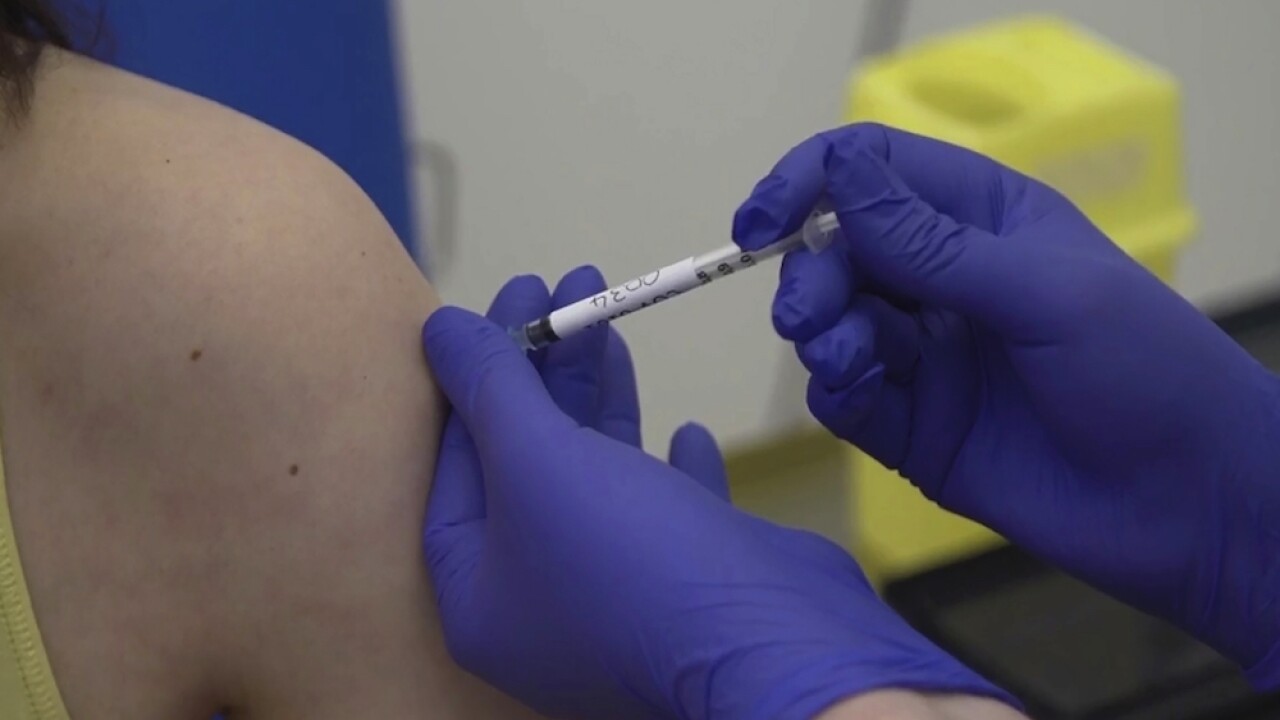Grocers, K-12 staff, and other groups could soon be in line for the COVID-19 vaccine after the state's Vaccine Subcommittee made some major changes to the current 1B phase during their meeting Wednesday morning.
As the state's Vaccine Distribution Subcommittee worked to expand group 1B on Wednesday, committee members said their recommendations would add an additional 1.6 million people to the expanded group, from school staff to bus drivers.
Committee members said they received about 5,000 public comments on what groups should be included in the current phase of the vaccination rollout, phase 1 B. Firefighters and police are already included in the group but committee members voted to expand the group to include 911 dispatchers, those in child protective services, all K-12 staff, bus drivers and prisoners.
Monday, Jan. 18 marked the first day Wisconsinites in phase 1B of the state’s distribution plan could receive the vaccine. Gov. Tony Evers said that other essential workers would soon follow.
The Wisconsin Grocers Association had called for grocery store employees to be included in the current vaccine rollout phase.
- The Rebound Milwaukee: Resources For Getting Back To Normal
- We're Open: These Restaurants Are Still Offering Carryout And Delivery
The committee said they received many comments on including prisoners in phase 1B. Members said many comments were against the decision but members said not including would be ethically wrong.
“This constitutes kind of a double punishment and treating them very, very differently and I am very uncomfortable with that,” said John Temte.
Out of their 5,000 comments, about 1,700 of those were on including those in the food industry such as grocery store workers, meat processing plants.
“They work in conditions where they are close to the public and the public does not always focus on social distancing or mask requirements,” said Ed Belong.
Belogia also expressed concerns about not including those with chronic health conditions in group 1B.
These current recommendations will ultimately go to the state’s Department of Health Services and Governor Evers for final approval.



